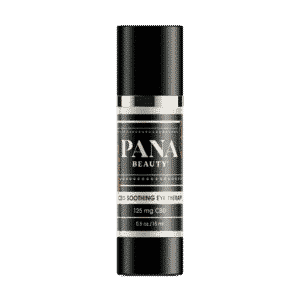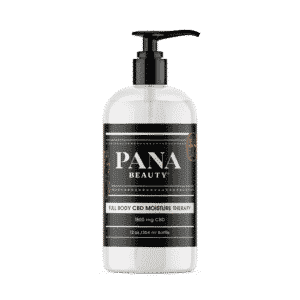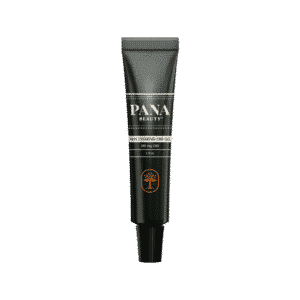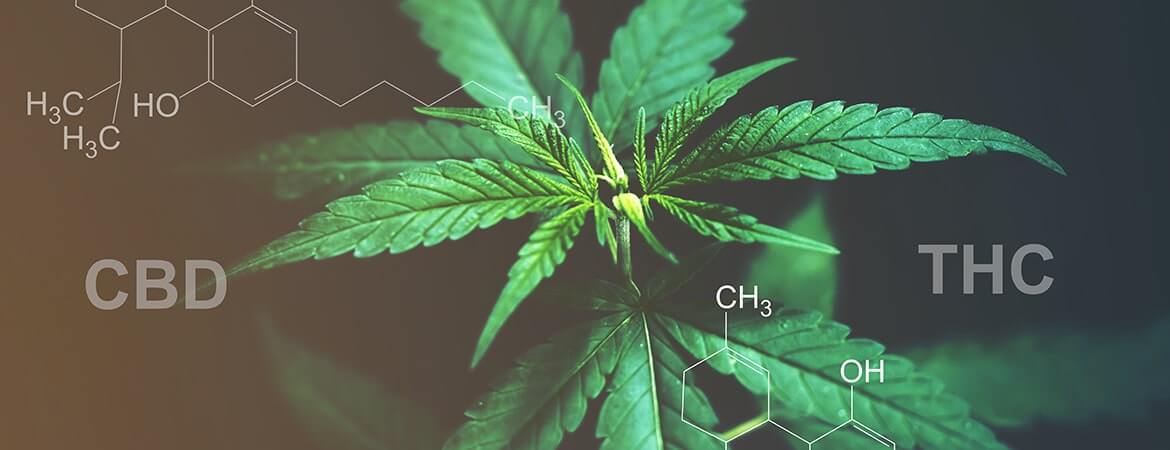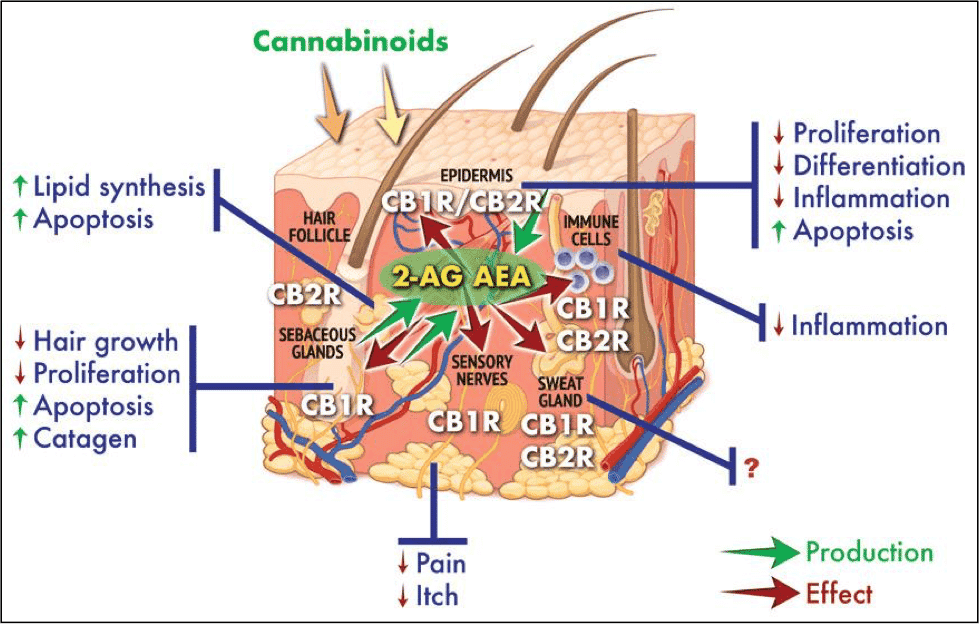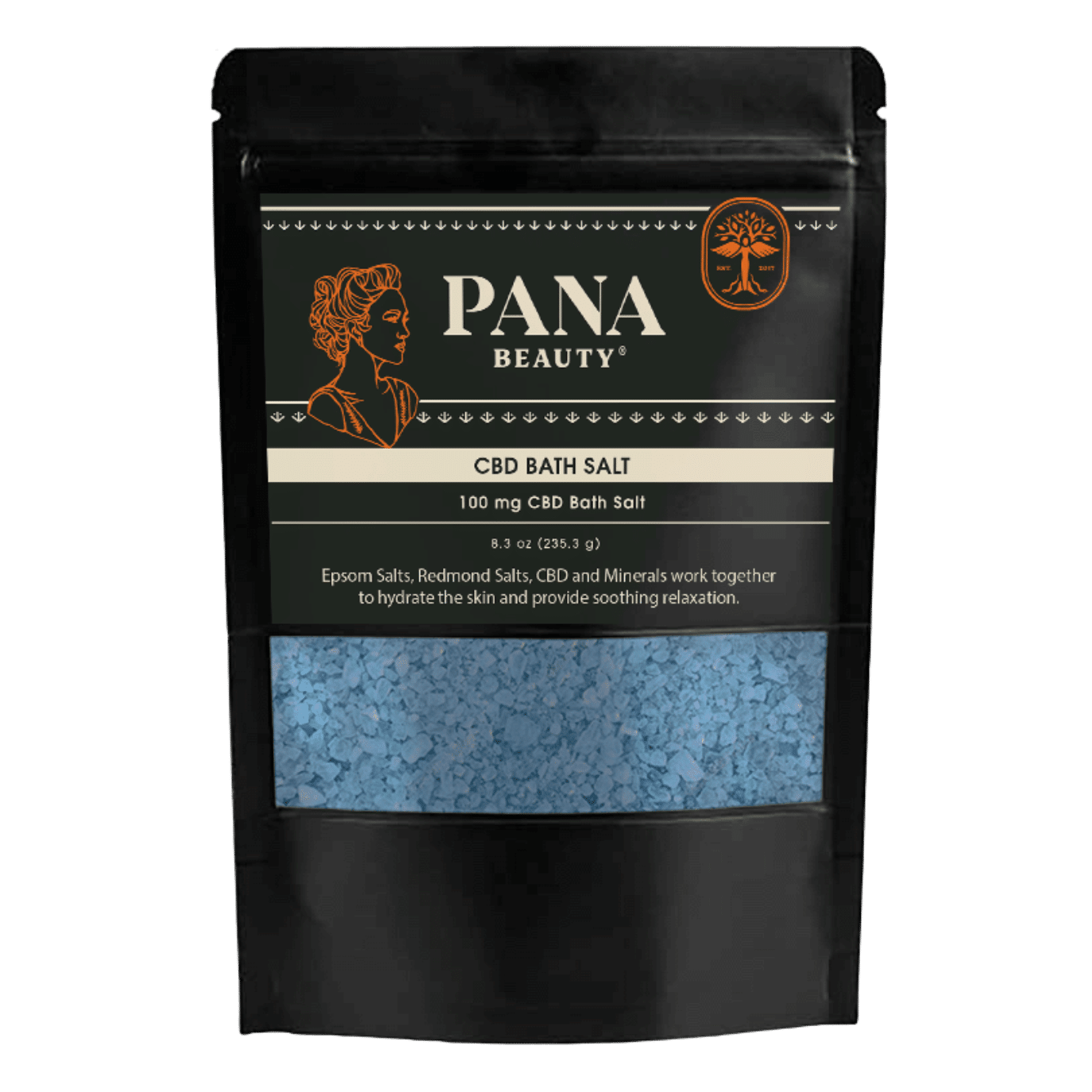Acne is no fun. No one likes it, but everyone deals with it at some point on some level. Acne is the most common skin condition for humans. It seems like no matter how far you may be from your teen years, and zits continue to pop up when you want them least. If you struggled with acne when you were younger, there are likely scars left on your skin now.
There may be a way to combat these problems that don’t involve medication or the use of home remedies (after all, who wants to put apple cider vinegar on their face?). There are recent studies that suggest there could be a new, non-invasive treatment for acne and acne scarring: Cannabidiol (CBD).
What is CBD?
In recent years, CBD has grown in popularity. It has been legalized across the United States, and everyone seems to be talking about it. Despite CBD products becoming more prevalent in the market place, there is still a lot of confusion and misconception surrounding CBD. So, let’s clear some of those up.
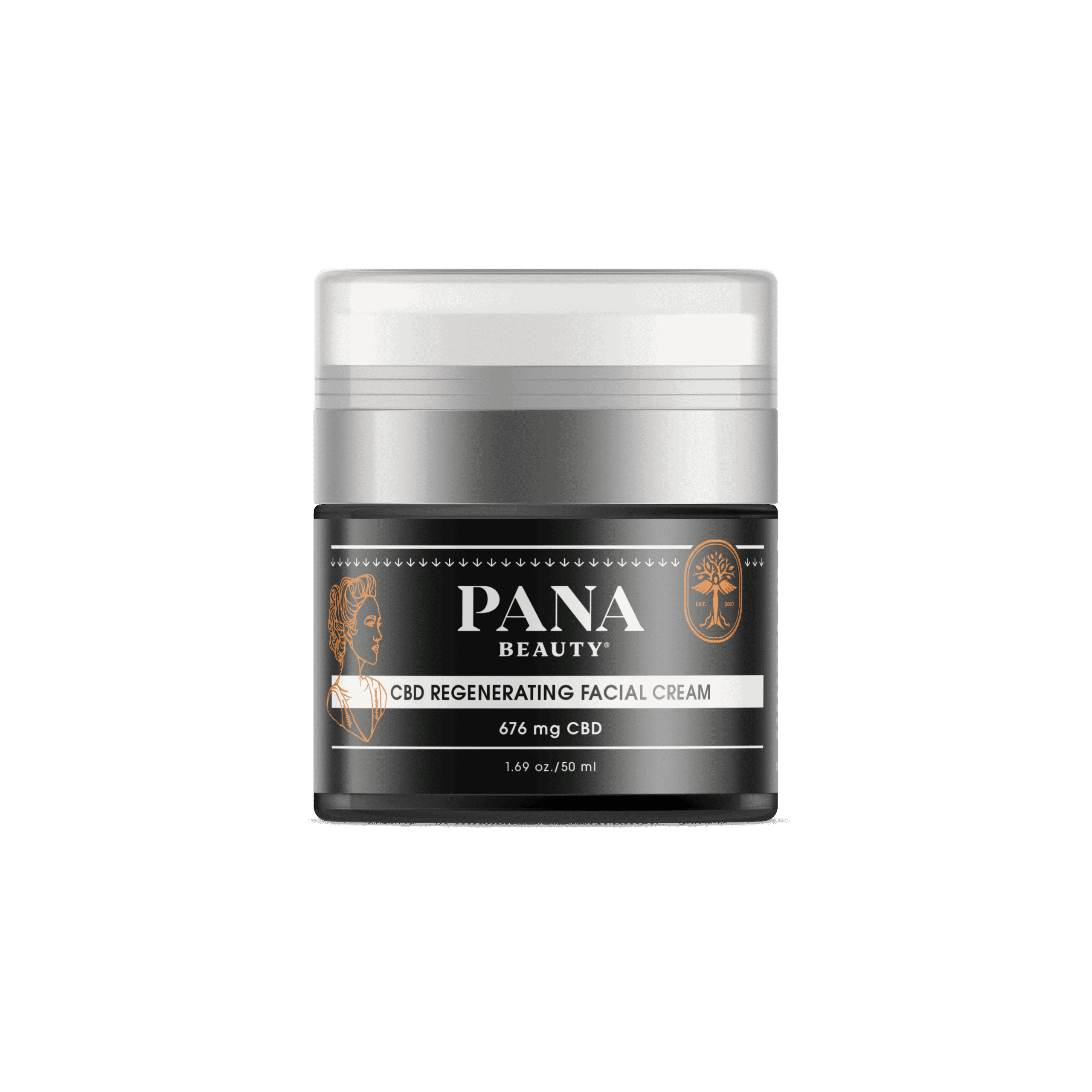
CBD is a compound found in Marijuana and Hemp. Any plants that are members of the Cannabis family have CBD in them. Many people are familiar with another compound in those plants, Tetrahydrocannabinol, or THC, which can create the high most often associated with Cannabis. CBD and THC are not the same. Unlike THC, CBD does not produce a psychoactive impact (meaning, it will not get you high). It is also often used to promote well being.
CBD is usually extracted from Hemp plants, as they tend to have more CBD than THC. Marijuana plants also contain CBD, but they have much more THC than CBD.
Lately, CBD has been the subject of many medical studies to see how the compound can help people in several different areas of health. Now there are promising studies that suggest that CBD could help create and keep clearer skin.
How Does Acne Occur?
Skin is sensitive and can be damaged by the sun, particles in the air, and/or being too dry. To combat this, individual skin cells called sebocytes produce an oily substance called sebum. Sebum keeps the skin from drying out and creates a protective layer over the skin’s pores to keep out dirt, dead skin, and bacteria.
While a certain amount of sebum is required for healthy skin, too much of a good thing can result in dysfunction. The sebocytes can overproduce sebum in response to hormones, bacteria, or other environmental factors. Additionally, when touching your face, you may transfer some of the sebum from your hands to your facial pores. The combined sebum will mix with dirt, dead skin particles, and bacteria on the skin that can result in clogged skin pores. This triggers an inflammatory response as the skin tries to further repair the imbalance a clogged pore causes. The result is a red, inflamed blemish that may evolve into a pustule as white blood cells accumulate while trying to clear the clogged pore. This results in a painful and itchy skin lesion that we call acne.
So, how do you treat it?
Can CBD Fight Acne?
A 2014 study published in the Journal of Clinical Investigation suggests that CBD oil can inhibit some sebum production, potentially cutting down on clogged pores and inflammation. The researchers found this by culturing human sebocytes and applying CBD to see how they interact. The study showed that CBD could slow sebum production. This is similar to how the well-known acne medication, Isotretinoin (also known as Accutane), works. However, it doesn’t appear to be quite as intense. This could be ideal for people with bad, but not terrible acne.
There are multiple studies, like this one published by Frontiers in Plant Science in 2016, that propose that CBD can be antibacterial and even antifungal. This means that it can possibly help with inflammation caused by bacteria in the pores and further prevent acne.
A more recent study, published in 2019 by the Italian medical journal, la Clinica Terapeutica, tested to see if CBD oil can improve acne scarring. The study used ointment mixed with CBD on the scars of test patients. Serious skin conditions caused these scars. The researchers found that after three months of twice-daily use, some patients saw significant improvement with little side effects. Scarring caused by inflammatory skin conditions visibly appeared to fade.
All of these studies suggest that with regular managed use, CBD has the potential to cut down on acne and possibly clear up acne scarring. While these studies are not conclusive, they are very promising.
How Best to Use CBD to Fight Acne?
The easiest way to get the potential benefits of CBD skincare is to either use a topical cream made with CBD oil or mix the CBD in with a carrier oil, like coconut oil or shea butter. Whichever version you use, simply apply it to the affected area.
CBD can be taken in several different ways, orally being one of the most popular forms, with capsules, tinctures, and edibles all being options. However, it appears that the best way to use it to treat acne is by using it directly on the problem area in the forms suggested above.
It’s best to be conservative in the first use of CBD skincare. Everyone’s bodies are different, and everyone’s skin is likely to have different reactions to new treatments. There are different strains of CBD, and it is sold in varying concentrations. What may work for you may not work on others. Test the amount and type of CBD you use before committing to it. Start your dosage small and work your way up, especially if you have sensitive skin. Find what works best for you.
Be sure to discuss the use of CBD with your doctor and/or dermatologist before changing your routine. Do not stop taking any acne medication without consulting it with your healthcare professional first.
More studies are being done on the potential benefits and uses of CBD all the time. It is likely we will learn more and more about how the compound can help and the best ways to use it.


